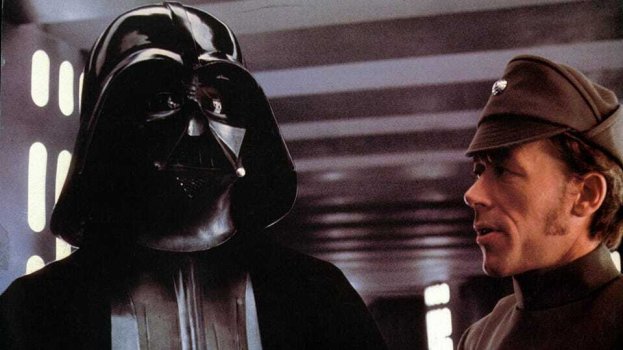With the advent of the ability of artificial intelligence ("AI") to alter an individual's voice and image (whether in deepfakes or expressly fictional works), it is critical to determine who – if anyone – owns the right to do so, particularly when the voice or image is clearly identified with a fictional character from an existing film. This issue is highlighted by the recent license by James Earl Jones (the voice of Darth Vader) of his voice to an AI company. While articles state that the license of his voice was for use by Disney (the owner of the Star Wars franchise), the transaction raises the following questions: (a) could anyone use his voice without permission and (b) could James Earl Jones have licensed his voice to third parties for use in other films, particularly if used in the distinctive manner of Darth Vader?
This article will refer to the individual whose voice or image is at issue as the "Individual," the licensee of AI rights as the "AI Licensee," the new AI work incorporating the voice or image as the "AI Work," and any prior work that the voice or image is taken from, or resembles elements of, as the "Prior Work."
The right to a voice or image can generally be divided into two categories: (a) the right of publicity (under various guises, including right of privacy, trademark, deepfake laws, or unfair competition) and (b) copyright, to the extent voice or image for the AI Work is taken from, or resembles elements of, a Prior Work.
Let's first deal with the right of publicity. For simplicity, this article does not discuss whether or not a particular court has the authority to hear a case (jurisdiction over the defendant), but just the choice of law that a court that does have such jurisdiction will apply. Critically, the majority of courts in the U.S. apply the law of the domicile of the Individual (or their domicile at the time of death), by treating the right of publicity as personal property (the "Domicile Rule"). For example, if the Individual is (or was at the time of death) domiciled in a jurisdiction that does not recognize the right of publicity, then anyone can exploit an AI Work using their voice or image in a jurisdiction that follows the Domicile Rule. However, some courts in the U.S. (and most courts outside the U.S.) apply the law of the jurisdiction where the AI Work is exploited (the "Exploitation Rule"), such as by targeting customers in the jurisdiction, while a passive website that is merely open to the public without pay will not trigger the laws of that jurisdiction. In either case, the location of the domicile or headquarters of the AI Licensee is irrelevant.
Continue reading: https://www.forbes.com/sites/schuylermoore/2022/10/28/who-owns-voice-and-image-artificial-intelligence-rights/?sh=5061f8e821fc
This article will refer to the individual whose voice or image is at issue as the "Individual," the licensee of AI rights as the "AI Licensee," the new AI work incorporating the voice or image as the "AI Work," and any prior work that the voice or image is taken from, or resembles elements of, as the "Prior Work."
The right to a voice or image can generally be divided into two categories: (a) the right of publicity (under various guises, including right of privacy, trademark, deepfake laws, or unfair competition) and (b) copyright, to the extent voice or image for the AI Work is taken from, or resembles elements of, a Prior Work.
Let's first deal with the right of publicity. For simplicity, this article does not discuss whether or not a particular court has the authority to hear a case (jurisdiction over the defendant), but just the choice of law that a court that does have such jurisdiction will apply. Critically, the majority of courts in the U.S. apply the law of the domicile of the Individual (or their domicile at the time of death), by treating the right of publicity as personal property (the "Domicile Rule"). For example, if the Individual is (or was at the time of death) domiciled in a jurisdiction that does not recognize the right of publicity, then anyone can exploit an AI Work using their voice or image in a jurisdiction that follows the Domicile Rule. However, some courts in the U.S. (and most courts outside the U.S.) apply the law of the jurisdiction where the AI Work is exploited (the "Exploitation Rule"), such as by targeting customers in the jurisdiction, while a passive website that is merely open to the public without pay will not trigger the laws of that jurisdiction. In either case, the location of the domicile or headquarters of the AI Licensee is irrelevant.
Continue reading: https://www.forbes.com/sites/schuylermoore/2022/10/28/who-owns-voice-and-image-artificial-intelligence-rights/?sh=5061f8e821fc

